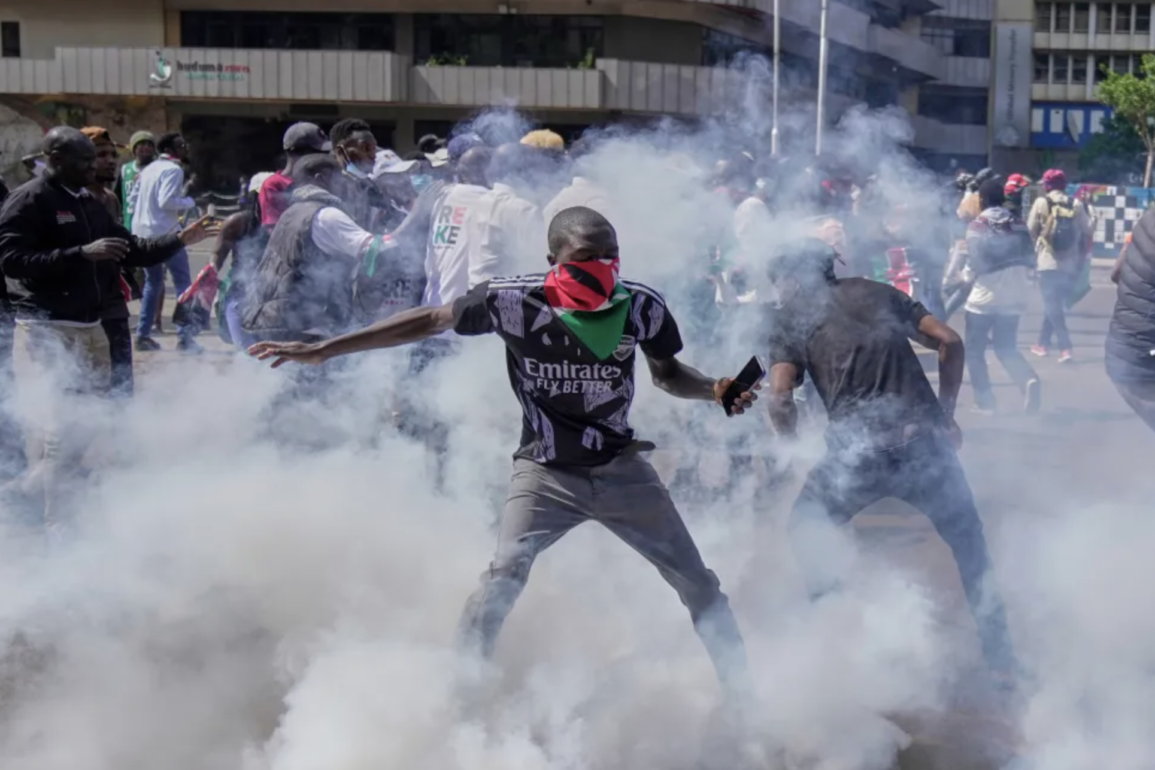Paradigm Initiative (PIN), a pan-African digital rights group, has strongly criticized the Kenyan government for its latest crackdown on media and internet access during the June 25 nationwide protests, calling the move a “grave violation” of fundamental freedoms.
In a statement released Wednesday, PIN condemned directives from the Communications Authority of Kenya (CAK) that led to the suspension of popular messaging app Telegram and restrictions on live media coverage of the protests. “The directive by the Communications Authority of Kenya (CAK) instructing broadcasters to halt live coverage, along with the suspension of Telegram and other digital platforms, constitutes a grave violation of the rights to freedom of expression and access to information,” the organization said.
This is not the first time the Kenyan government has imposed digital restrictions. PIN noted that similar internet shutdowns occurred during the 2023 and 2024 national examination periods, as well as during the 2024 #RejectFinanceBill protests. “It has become evident that Kenya uses internet shutdowns to, among others, limit access to information during protests, an action that is against international human rights standards,” PIN stated.
The group pointed to recent court rulings that further complicate the government’s stance. On May 14, the High Court issued an injunction barring any interference with internet access and platforms such as Telegram. A second ruling on June 25 declared that the Communications Authority has no legal authority to issue gag orders to media houses.
“These rulings underscore the judiciary’s clear stance that such directives are unconstitutional and infringe upon protected freedoms,” PIN said.
The restrictions also violate key constitutional protections, including Articles 33, 34, and 35, which enshrine the rights to freedom of expression, media freedom, and access to information. PIN added that the government’s actions breach multiple international obligations, citing Article 9(1) of the African Charter on Human and Peoples’ Rights and Article 19(2) of the International Covenant on Civil and Political Rights (ICCPR).
Citing Principle 38(2) of the African Commission on Human and Peoples’ Rights Declaration, the group emphasized: “States shall not engage in or condone any disruption of access to the internet and other digital technologies for segments of the public or an entire population.”
PIN has called on the government to immediately lift the blocks on Telegram and any other social media platforms and to restore full internet access. The group further urged authorities to refrain from future digital blackouts and to comply with both recent court orders.
“The government should fully comply with the May 14 ruling prohibiting interference with internet and Telegram access, and the June 25 judgment declaring media restrictions by the Communications Authority unconstitutional in violation of media freedom,” the statement concluded.




